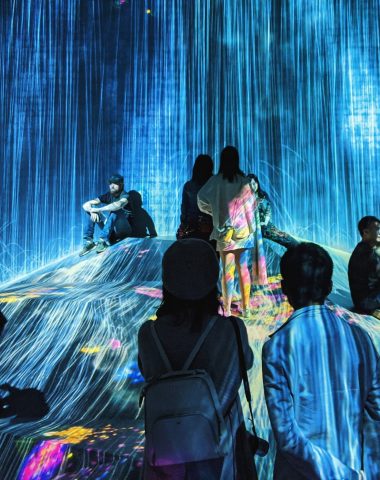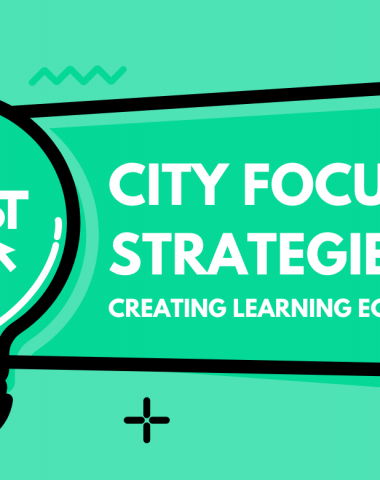Ljubljana City of Learning: Analysis of Youth Interests and Focus of the Platform
Idea!
During the Covid-19 epidemic, we decided to offer young people a variety of digital learning content. In order to make the activities on the platform relevant and interesting for young people, we conducted a short survey on their interests, asking them:
- What thematic areas are interesting for you?
- What are your hobbies?
- What are your potentials?
- How do you like to learn?
- What is important for you in acquiring new knowledge?
- What competences would you like to further develop?
Etc.
With more than 155 young people who live and/or study in Ljubljana, the research developed into revealing and defining the focus of the platform. You can find the whole analysis here (in Slovenian language)
Main findings
#1 Young people in our sample expressed a clear interest in personal development in a variety of fields and are motivated to learn.
The most interesting and current thematic areas for young people, in which they want to acquire or upgrade their knowledge are personal development, communication skills, creativity, career development, social skills, learning to learn, teamwork, human rights, volunteering and social engagement, intercultural learning and digital learning.
#2 Young people feel they lack practical content related to everyday life and successful functioning in the world of adulthood.
Creativity, practical creation and practical skills were among the top 3 fields that young people want to upgrade their skill set on and technical skills were among the top 20 interests. When asked, what does their ideal city of learning looks like and what competences does it offer them, young people in our survey talk about “practical information from various fields of science and technology”, “information on taxes, personal income tax and financial literacy so we learn how to pay bills”, “how to get a job, how to raise a child, how to handle money”, “promoting critical thinking and thus personal development” and the most common answer being “things of life we don’t learn in school”.

#3 Most young people know their potentials and strong qualities, but they see them only as a hobby. They expressed the need to further develop these skills and need for guidance to use them meaningfully.
Almost all young people recognize strengths in their creative competences (handcrafts, artistic creation, thinking outside the box and creative problem solving), sports skills, musical talent (making music), empathy and talent for helping people in need, communication skills, writing skills (prose and poetry), leadership skills, organizational skills as well as the ability to actively listen. They also talked about their ability to learn fast, teamwork, use of digital tools and programs, public speaking skills, general acceptance and recognition of diversity as enrichment as well as ingenuity and ability to enjoy life.
#4 Young people know very well which forms of education they prefer, which supports the trends of promoting self-regulatory learning.
More than 90% of young people in our sample know exactly which way of acquiring knowledge suits them best. They prefer individual learning rather than learning in group, though later is desirable in certain situations. They also like to join activities that use experiential learning and combine both theoretical and practical learning. As for digital learning, almost 40% of young people in our sample used it before and would like to continue to learn through digital tools in the future.

As for different learning activities, what is most important for young people in Ljubljana when they participate?
- I need to recognize the useful value and find out how I will use the newly acquired competencies in practice
- I like to combine theoretical and practical knowledge
- I recognize the lecturer as an expert in his field
- I positively assess the lecturer’s personality
- I gain contacts and expand my social network
- I get literature for further independent learning
- The learning process takes place outside formal institutions
#5 Tools for recognition of informally acquired knowledge are still not generally known among young people.
Only 25% of young people in our sample have already encountering tools for recognition of non-formal learning, those tools being: digital learning badges, Youthpass and non-formal index (generally used in Slovenia). That might be explained with the fact that around 38% of young people in our sample also never participated in a learning activity organized outside of their formal education institution. That means that Ljubljana city of learning still has responsibility to work on identification of all learning opportunities (formal and non-formal) that our city offers to young people and promotion of them to their target audience.
Urška Česnik
TiPovej! Institute, Slovenia

![]()





Add Review